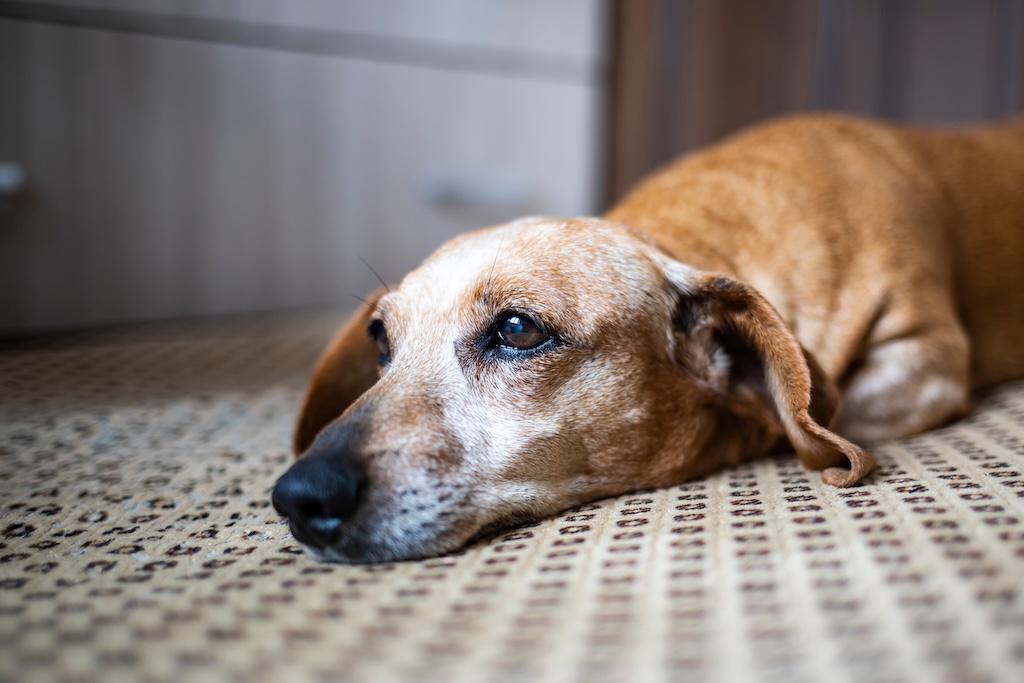Hydration is essential for dogs, as it plays a crucial role in maintaining their overall health and well-being. Water helps regulate body temperature, aids digestion, supports nutrient absorption, lubricates joints, and facilitates waste elimination. Inadequate hydration can lead to serious health problems and, in extreme cases, even death.
Signs of Dehydration in Dogs
Pet owners should be aware of the following signs of dehydration in their dogs:
- Sunken eyes
- Dry nose and gums
- Lethargy or weakness
- Loss of skin elasticity
- Increased heart rate
- Panting or laboured breathing
- Decreased appetite or refusal to eat
- Thick saliva
- Decreased urine production or dark-coloured urine
Consequences of Dehydration
If a dog becomes seriously dehydrated, it can suffer from various health issues, including:
- Kidney dysfunction or failure
- Heatstroke
- Shock
- Organ damage or failure
- Seizures
- Coma
- Death
A dog’s survival without adequate hydration depends on factors such as age, health, and environment. In extreme cases, a dog can only survive a few days without water.
Common Causes of Dehydration in Dogs
Dehydration in dogs can result from several factors, including:
- Insufficient water intake: Ensure your dog has access to clean, fresh water at all times.
- Hot weather or overexertion: Be mindful of your dog’s activity levels and provide ample opportunities for rest and hydration during warm weather.
- Illness: Vomiting, diarrhoea, or fever can lead to dehydration. Consult your veterinarian if your dog displays any of these symptoms.
- Kidney disease: Dogs with kidney problems may require more water than usual. Consult your veterinarian for guidance on managing kidney disease in your pet.
Proper hydration is vital for maintaining your dog’s health and well-being. Be aware of the signs of dehydration and take prompt action to address any concerns. Regular check-ups with your veterinarian can help ensure your dog remains happy and healthy.
